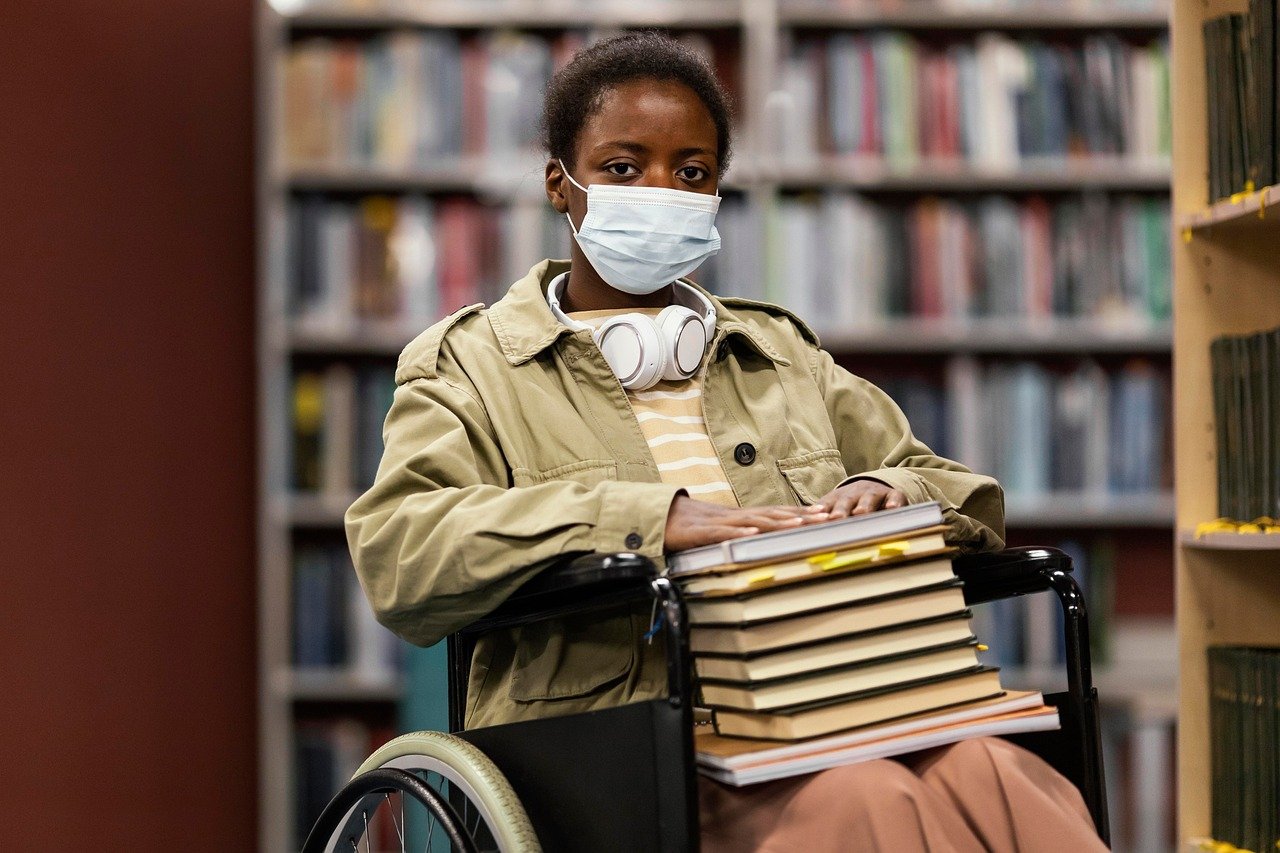Context & Issue
In Uganda, children with disabilities face significant challenges in accessing quality education, particularly among refugee populations. Many parents often lack the necessary resources or knowledge to support their children's education. While some schools do possess the required resources, trained staff, and a commitment to inclusivity, they frequently fall short of meeting the needs of these children. The situation is exacerbated by societal stigma surrounding disabilities, which marginalizes these children even further. The United Nations High Commissioner for Refugees (UNHCR) has highlighted this issue, yet the local communities that host refugees often receive more scrutiny than support.
Solution
When Cohere was founded in 2019, it operated under the name Xavier Project, aiming to enhance education for refugee children with disabilities through community-driven efforts. However, after joining forces with Urban Refugees, the program rebranded and refined its mission in 2022. To ensure that children with disabilities thrive in a supportive environment, parents, educators, schools, and community leaders play active roles. The primary objective of the program is to enroll children with hydrocephalus, autism, Down syndrome, cerebral palsy, epilepsy, and microcephaly in school. Experts assess these children to create realistic learning goals tailored to each individual. Follow-up support is provided through group mentorship and home visits. Additionally, the initiative focuses on improving the school environment and training teachers, while also addressing the needs for educational materials. Cohere collaborates with RLOs to enhance their financial and monitoring capacities, empowering these organizations to deliver necessary community services.
Impact
By the end of 2022, the Cohere Initiative was able to identify a total of 1,194 children with disabilities and provided support to them in various ways. The target set for the program was 1,200 children by the end of 2023, and this has been achieved at four sites. Among these, 214 children have been enrolled in school and provided with uniforms, effectively doubling the original target of 100 enrollments. Initial results show that target preschool enrollment figures for children with reduced social functioning have already been met; there were also positive changes in learning skills.
Overall, the Cohere Initiative not only addresses immediate educational needs but also lays a foundation for sustainable community engagement and capacity building among local organizations. The long-term goals include impacting 6,000 children by 2024 and 45,000 children by 2031 across multiple countries, highlighting its scalable and replicable nature in addressing educational inequities for refugee children with disabilities.












